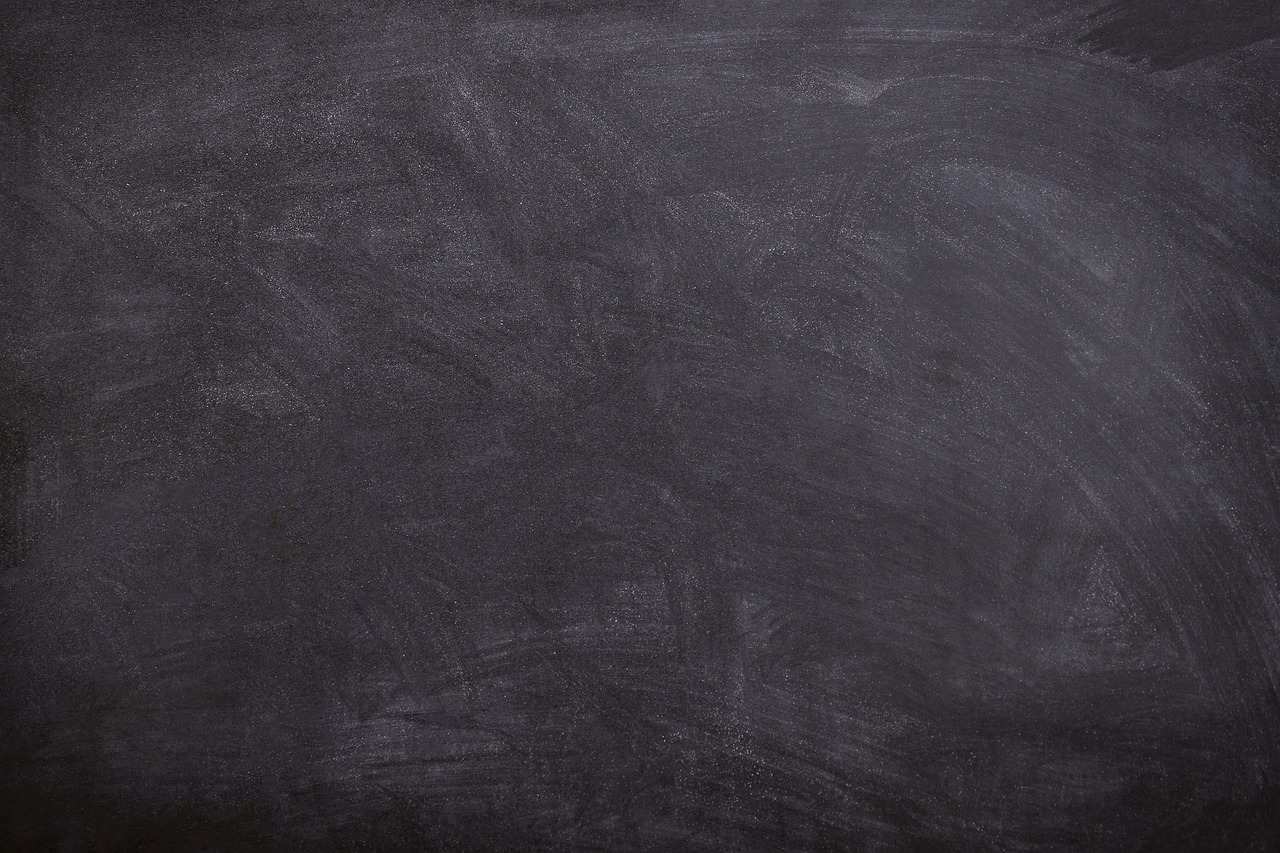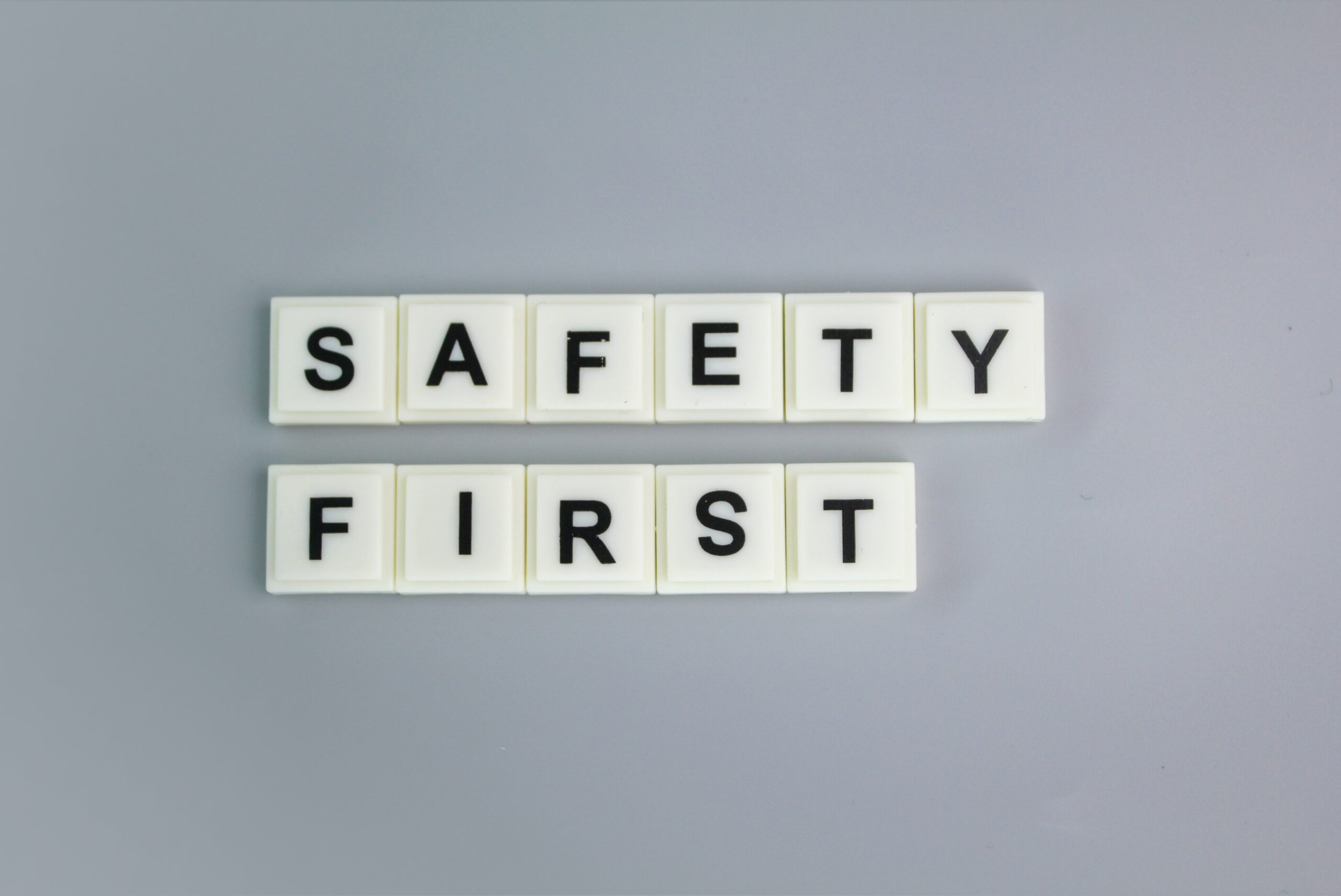Paying off your debt gives you a new lease on life. Only a few things are worse than owing an institution money and harassing you all the time to recover their payment. A load lifts off your shoulders and the tension in your head vanishes after you pay off your debt. That’s how I felt when I made the last payment and became debt-free.
My debt-repayment journey took about seven years. I owed $40k, but I started literally from the street. I lived in my car after being fired from the business I started. Not only did I not have an income while homeless, I had no savings and I owed creditors.
A few months after being homeless, I got a job and decided to get my finances in order. I was committed to repaying all my debt, but I did two things before going all-in on paying my debt.
Emergency Fund
Unforeseen expenses usually crop up when you don’t have money. A window breaks, a water pipe bursts or your pet gets sick and needs a visit to the vet. Who could’ve possibly anticipated such unfortunate events? Well, you should have. That’s the primary reason for an emergency fund.

This fund was the first thing I saved up for before committing all of my additional funds to debt because I knew that there was a possibility of an expense arising that I had not planned. It’s awful when that happens and you don’t have money for it. You’re angry at the world because it feels like it’s picking on you, but you’re mostly angry with yourself for not planning.
Every day is another opportunity to save for emergencies because they usually come up when you least expect them. I didn’t want them to surprise me so I saved for them and didn’t touch that money. I couldn’t access that fund if I ran out of savings to cover monthly expenses. It was purely for emergencies.
The ideal amount to save for emergencies is difficult to determine. I had $2,000 available. The more, the better. I would be doing myself a disservice if I had anything less than $500 in the emergency fund. That’s low, but it’s better than nothing.
6-Months of Essential Expenses
When planning finances, most people don’t factor in the worst case scenario into their calculation. Some people don’t factor in any risk whatsoever. I think that’s a mistake. A backup plan is always essential, and most people don’t think of one when everything is going well.
Many people who have worked for years at big companies believe that their job is secure. The company can afford to pay them and needs them. Yet, numerous large organisations have laid off thousands of workers in the last few years. The moment that their share price drops, publicly listed companies look for ways to reduce their expenses so they keep their shareholders satisfied. And in most cases, they lower their payroll expense by getting rid of employees.

Whether you own a business or are employed, your income isn’t guaranteed. It can stop at any time. But expenses are guaranteed. Even if you stay at home, you still have to pay for electricity and food. That’s the reason a backup plan is necessary.
To avoid being homeless again, I saved up money to cover three essential expenses: rent/mortgage, utilities and food. You need a roof over your head, food in your belly, water to drink and electricity to stay warm.
I decided to save enough money to cover those three expenses for six months. The only time I could access that account was if I lost my income. And I chose six months to give myself sufficient time to replace the income I had lost.
I didn’t want to be under financial pressure and act desperately to cover bills, which would’ve meant getting into more debt. My aim was to pay off the debt I had, not accumulate more. The global lockdowns in 2020 resulted in many people being out of work for a year or longer. Of course, the more money you have saved for essential expenses, the better.
I think that three months of savings is too little because you might need more time than that to replace your lost income, especially if you’re in a highly specialised field where positions are limited.
Important to Note
During the period when I saved for an emergency fund and the six months of essential expenses, I paid my debt. I didn’t completely neglect it, but I paid the minimum payments. With some larger debts, I made arrangements with collectors to pay at a later date when I could eventually afford the minimum payment.
I didn’t want my creditors to sue me or add interest, so I ensured that I had a payment plan in place. After I had saved enough for both of the safety accounts, I dedicated all of the additional funds to my debt because I wanted to pay it off quickly.
The longer a debt remains outstanding, the higher the risk that you may not pay it. You could lose your income or motivation to keep paying it because you feel that you’re not making progress.
I felt great when I had an emergency fund, enough money to cover essential expenses for six months and paid more than was required for my monthly debt repayments. One of the best days of my life was repaying all of my debt. Knowing that I would never receive a call again from anyone to ask for the money I owed them felt liberating. I was finally free.
Since I didn’t have monthly debt payments, I allocated those funds to savings. That enabled my savings account to increase significantly. I saw that being debt-free and having savings was a great financial position to be in.
CHECK OUT MY NEW BOOK — From Homeless to Debtless with Savings
READ NEXT: The Benefits of Being Debt-Free





Leave a Reply